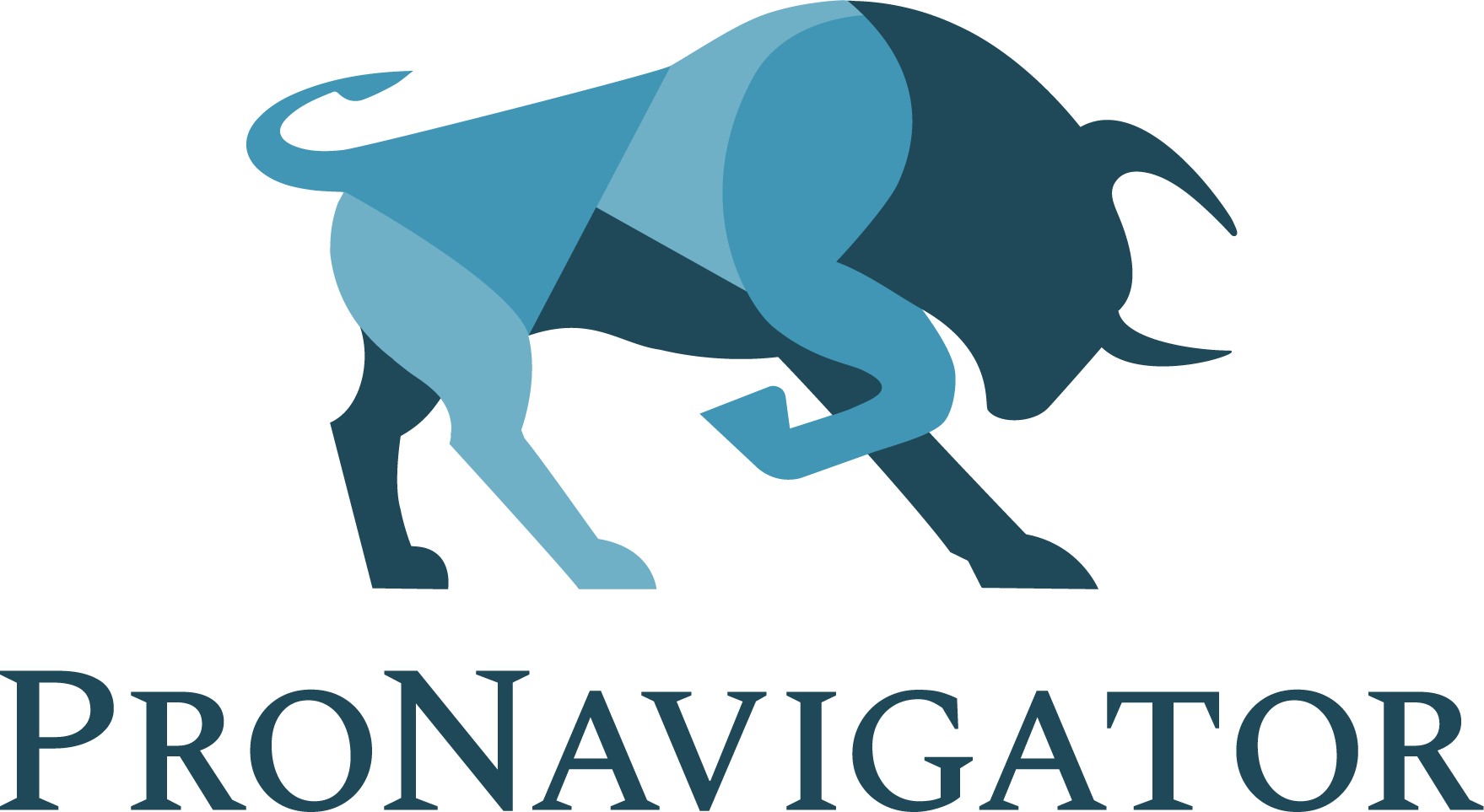“A picture is worth a thousand words.”
Why you should read this?
Effective employee onboarding is crucial for setting the stage for new hires’ success. It helps them understand their role, acclimate to the company culture, and accelerates their productivity. A well-structured onboarding process can drastically improve job satisfaction and retention rates. On the flip side, a poor onboarding experience sends up red flags, creates unnecessary anxiety for your new employee, and sends a message that they are not that important and that the company doesn’t value putting employees in a position to succeed.
Why Proper Onboarding Matters
Proper onboarding isn’t just paperwork and office tours; it’s the foundation for a mutually beneficial relationship between company and employee. Here’s why a well-structured onboarding program is crucial for both parties:
 Employee Benefits:
Employee Benefits:
👉 Hitting the Ground Running: Onboarding equips new hires with the knowledge and tools they need to succeed. Training programs and mentorship ensure they understand their role, company culture, and expectations. This translates to faster productivity and a sense of accomplishment.
👉 Feeling Valued: A well-planned onboarding makes employees feel welcome and appreciated. It shows the company is invested in their success, fostering loyalty and engagement.
👉 Reduced Anxiety: Starting a new job is often stressful. Onboarding clarifies procedures, reduces ambiguity, and connects employees with colleagues, creating a supportive network that eases anxiety.
👉 Increased Retention: Studies show strong onboarding programs significantly reduce employee turnover, especially in the crucial first few months. A positive experience makes employees feel like they belong, encouraging them to stay.
Company Benefits:
👍 Improved Productivity: Onboarded employees become contributing members faster, leading to increased efficiency and output.
👍 Reduced Costs: The cost of replacing a departing employee is high. Effective onboarding reduces turnover, saving the company time and money.
👍 Enhanced Employer Brand: A positive onboarding experience creates a good first impression, attracting and retaining top talent in a competitive job market.
👍 Stronger Company Culture: Onboarding reinforces company values and expectations. When new hires understand the culture from day one, they’re more likely to integrate seamlessly and contribute to a positive work environment.
Putting Your Onboarding Training Into 5th Gear
A well-structured knowledge management (KM) system can be a game-changer for employee onboarding. By creating a central information hub, companies can empower new hires, streamline the process, and benefit in several ways:
 Faster Learning and Self-Service:
Faster Learning and Self-Service:
🔑 Centralized Resources: The KM system becomes a one-stop shop for all onboarding materials – company policies, training videos, FAQs, software tutorials, and departmental information. New hires can access it anytime, at their own pace, reducing reliance on trainers or colleagues for basic questions. Some of your training material should come from your subject matter experts, who we lovingly refer to as Greta.
🔑 Standardized Information: The KM system ensures consistency in the information presented. Everyone receives the same accurate details, minimizing confusion and knowledge gaps. Standardization also makes it easier to search and find the relevant documentation.
🔑 Multiple Learning Formats: KM systems can house diverse content – text documents, videos, interactive modules, and infographics – catering to different learning styles and preferences.
Improved Efficiency and Productivity:
🔑 Reduced Training Time: By providing readily available resources, trainers can focus on interactive sessions, role-playing, and specific skill development. This reduces overall training time and allows new hires to apply knowledge practically sooner.
🔑 Empowered Employees: Easy access to information empowers new hires to find answers independently. This reduces the burden on trainers and managers, freeing them for more strategic tasks.
🔑 Faster Integration: The quicker new hires grasp company processes and tools, the faster they become productive contributors. A robust KM system accelerates this integration, benefiting both the individual and the team.
Enhanced Collaboration and Culture:
🔑 Knowledge Sharing: The KM system can be a platform for knowledge exchange beyond onboarding. Experienced employees can contribute best practices, tips, and lessons learned, fostering a culture of collaboration and continuous learning. The technology at ProNavigator was designed to capture this institutional knowledge as it is being shared and discussed whether in your email systems, direct messaging systems and other sources of employee communications.
🔑 Community Building: Discussion forums within the KM system allow new hires to connect with colleagues, ask questions, and share experiences. This fosters a sense of community and belonging from day one. New employees should know who they need to go to for resources, including answers to questions. A good KM will not only capture institutional knowledge, but will coordinate that to make it as easy as possible for employees to retrieve and who many of the subject matter experts are.
Next steps
 What does your employee’s first day look like? Are they greeted with a smile? Does it appear that your company was ready to welcome them? What materials will you make available for them on day 1? (day 2? day 3? etc). Will the material be rememberable or will they be so overwhelmed that they will forget every detail? How will you test their knowledge?
What does your employee’s first day look like? Are they greeted with a smile? Does it appear that your company was ready to welcome them? What materials will you make available for them on day 1? (day 2? day 3? etc). Will the material be rememberable or will they be so overwhelmed that they will forget every detail? How will you test their knowledge?
These are many of the things you should consider when developing a formal onboarding process and strategy. Remember a good onboarding experience will get your employees up and running faster and has been shown time and again to raise retention rates. Think hard with your teams about what you want that experience to be like. And one final recommendation…take them out to lunch. Make sure they have space to breathe and be vulnerable.

Joseph D’Souza is a passionate business builder with more than a decade of experience in founding and growing companies. As the founder and CEO of ProNavigator, he's using AI to help insurance professionals win in an on-demand world.





